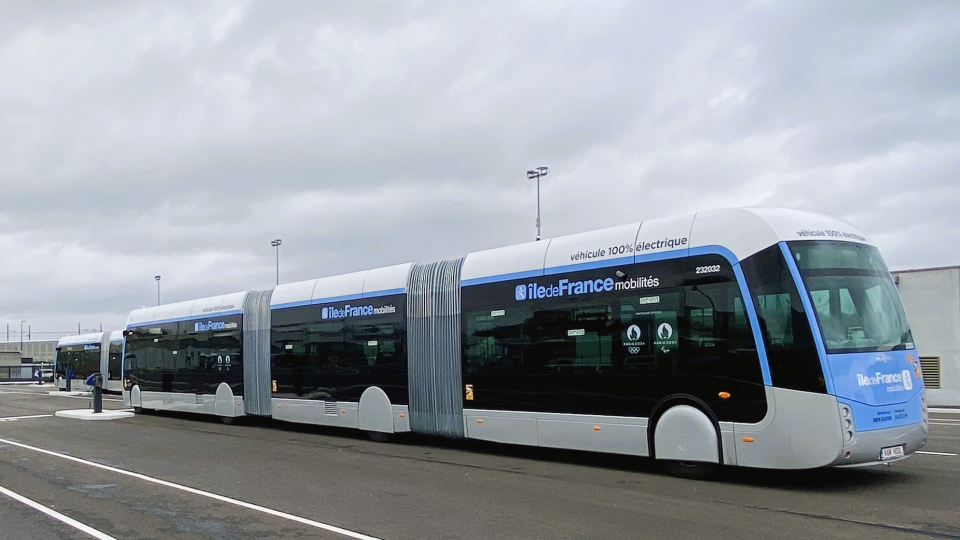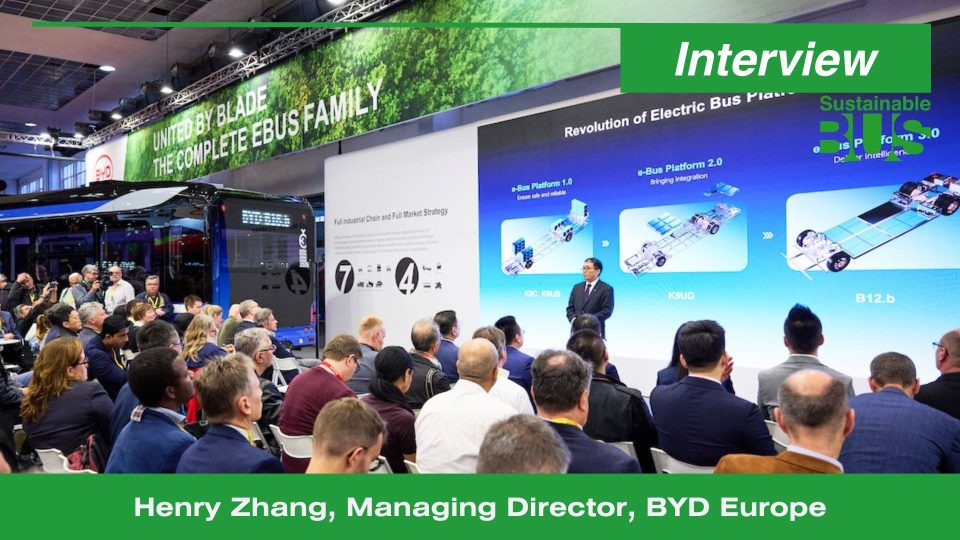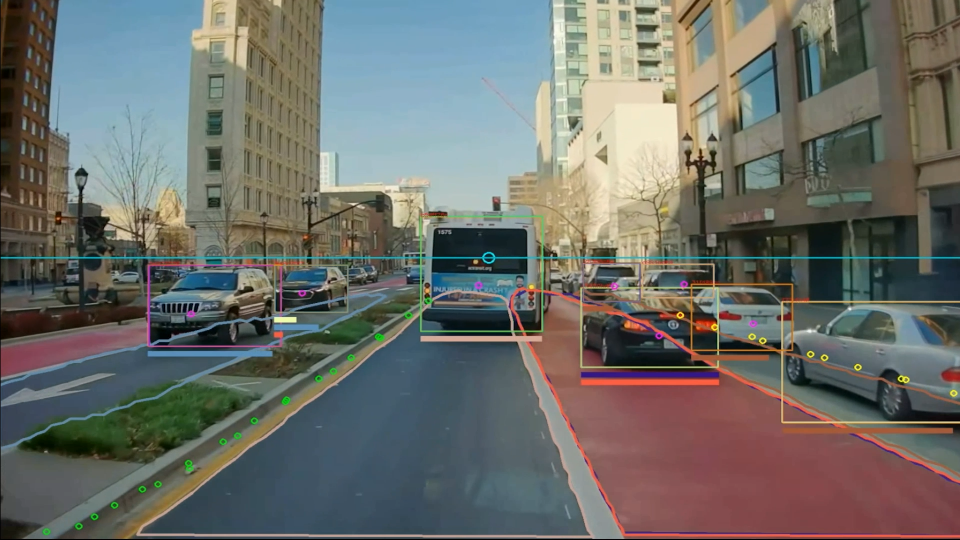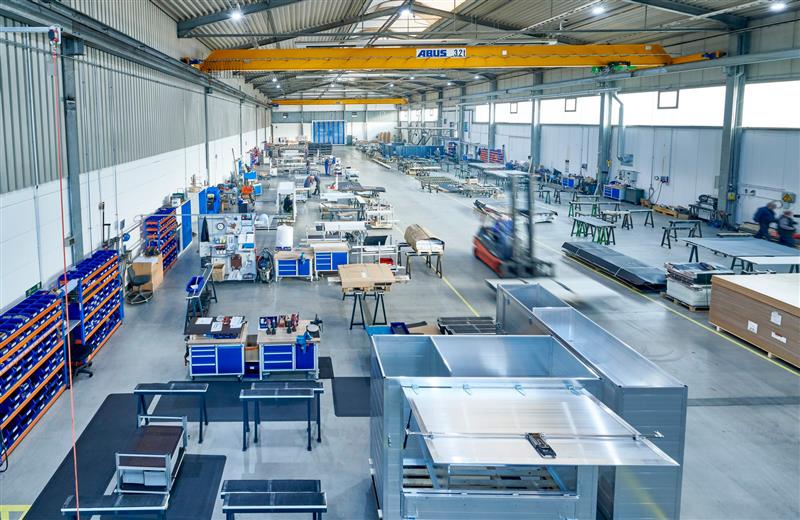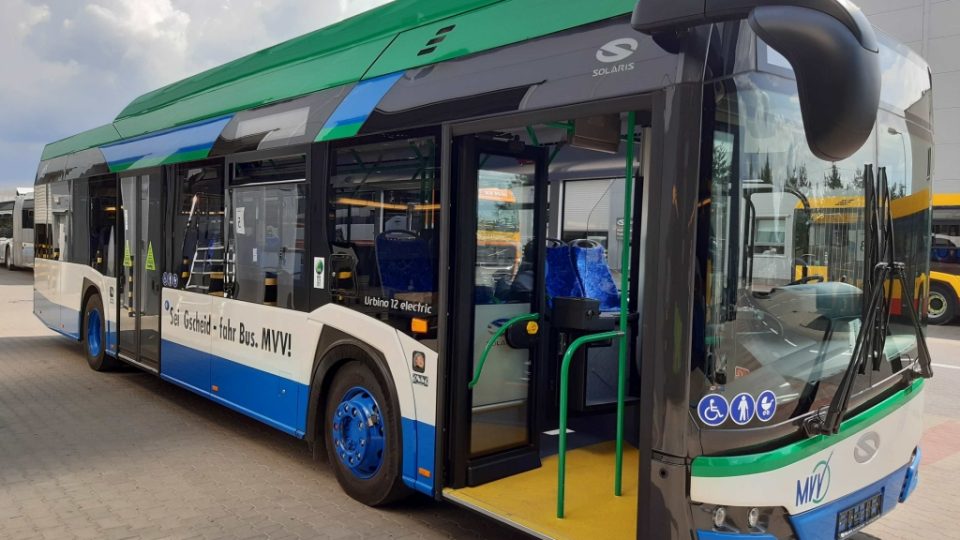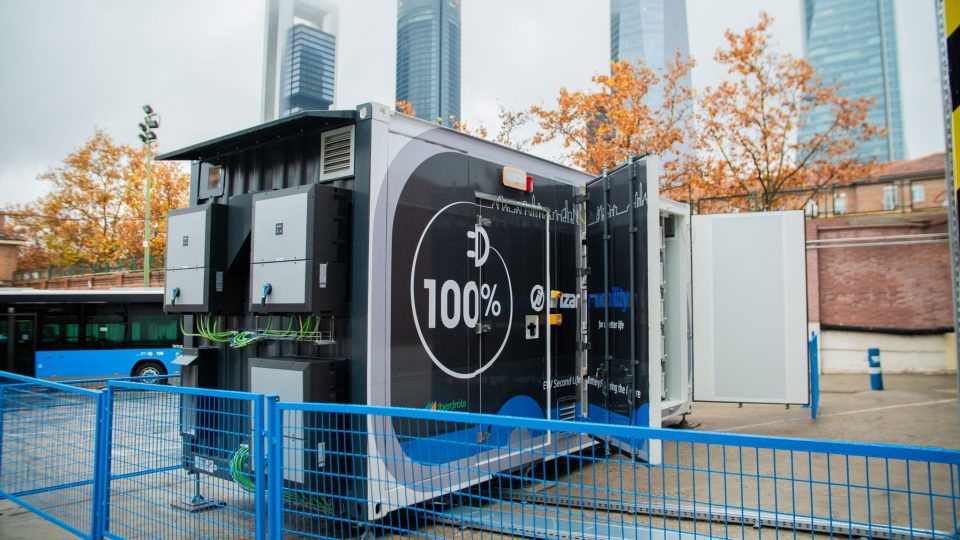ZF to cut up to 14K jobs in e-powertrain division. But investments in Commercial Vehicles Technology will rise
ZF announces it is “realigning its structures to increase its competitiveness and respond to the changes in the mobility sector, particularly in the field of electromobility”. However, “the company will further increase its investments in its Commercial Vehicle Technology, Chassis Solutions, Industrial Technology and Aftermarket divisions”. The goal is to achieve a situation where ZF […]
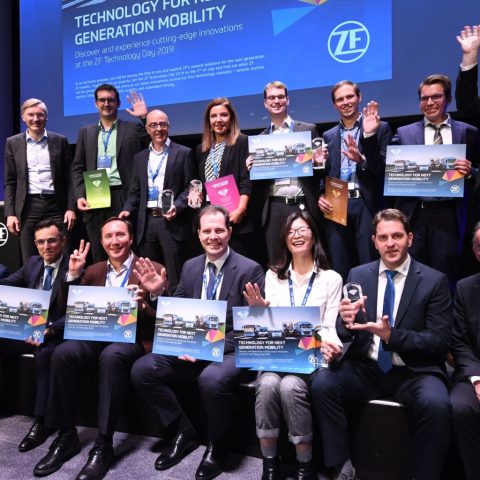
ZF announces it is “realigning its structures to increase its competitiveness and respond to the changes in the mobility sector, particularly in the field of electromobility”. However, “the company will further increase its investments in its Commercial Vehicle Technology, Chassis Solutions, Industrial Technology and Aftermarket divisions”.
The goal is to achieve a situation where ZF German locations are organized more efficiently and merged into several site networks. ZF assumes that “the number of employees in Germany will be gradually reduced by around 11,000 to as many as 14,000 by the end of 2028. Due to strong competition, cost pressure and weak demand for electric vehicles, the restructuring will focus on the Electrified Powertrain Technologies division”.
An even higher degree of automation and the consistent use of digitalization should also contribute to improving competitiveness, ZF states. Also, such move is due to the fact that the shift towards electromobility will lead to a decline in the volume of transmissions for conventional and hybrid vehicles, segments where ZF is quite strong.
ZF realigns company in Germany
As a result of the major acquisitions in recent years (namely TRW and Wabco), the ZF location structure in Germany has gradually expanded. Following these acquisitions, this currently small-scale location structure is now being transformed into a sustainable and leaner location network structure in several phases, ZF states, adding that at the same time the group “will adjust its capacities to the expected continued weaker market demand”.
As a result of the new location network structure in Germany and the simultaneous adjustment of capacities in both the production and administrative areas as well as in research and development, “the number of employees in Germany is to be successively reduced by 11,000 to 14,000 from the current level of around 54,000 by 2028, depending on the further development of the markets and the general conditions at the respective locations”. ZF says it will use the demographic structure of the workforce and employee turnover (extensive partial retirement offers; severance programs…).
ZF Electrified Powertrain Technology in the focus
One focus of the strategic realignment is on the Electrified Powertrain Technology division. ZF stresses that “The global market segment for passenger car drives is highly competitive and subject to strong cost pressure. This makes it difficult to cross-finance purely electric drives, which often still have low margins, with drives for conventional and hybrid vehicles. The shift towards electromobility will also lead to a decline in the volume of transmissions for conventional and hybrid vehicles, and this development must also be taken into account in this context. Another consideration is the current glaring weakness in demand for purely electric vehicles, which is leading to overcapacity in the electric-powertrain production lines that have been set up with high investments”.
“Our corporate responsibility is to position ZF for the future and to further develop our locations in Germany in such a way that they are sustainably competitive and solidly positioned. We are aware that we also must make difficult but necessary decisions to achieve this. But we want to come up with the best possible solutions for everyone involved,” said ZF CEO Dr. Holger Klein.
“We want to consolidate the German locations and merge them into several location networks. The aim is to create an efficient production network on the one hand and an efficient organization of the research and development areas on the other,” said Prof. Dr. Peter Laier, who is responsible for Production on the ZF Board of Management.
“Despite the current market situation, one thing is clear – the future belongs to electromobility. We have made proactive investments here and will continue to invest heavily in this area,” explained ZF CEO Klein.

